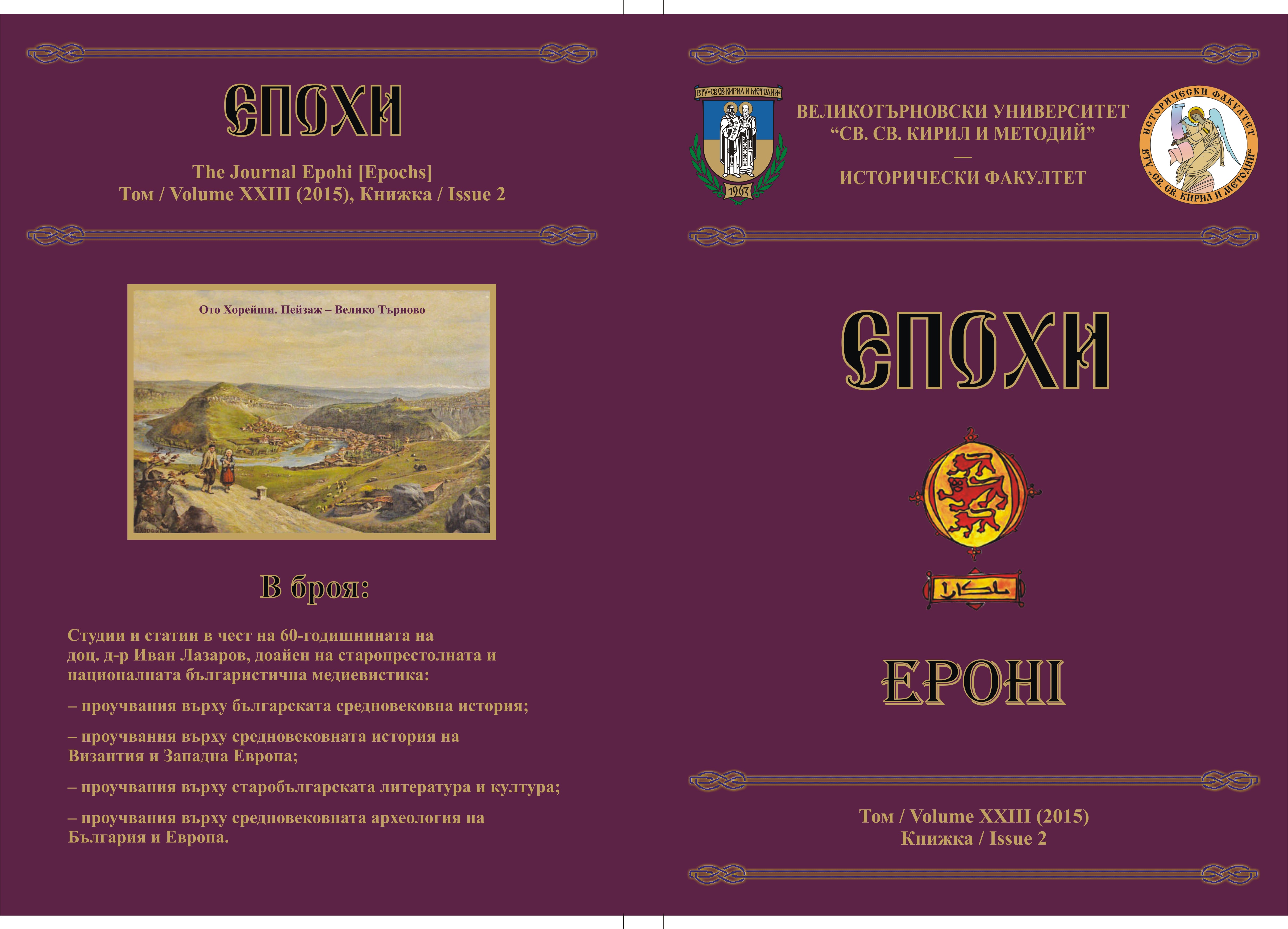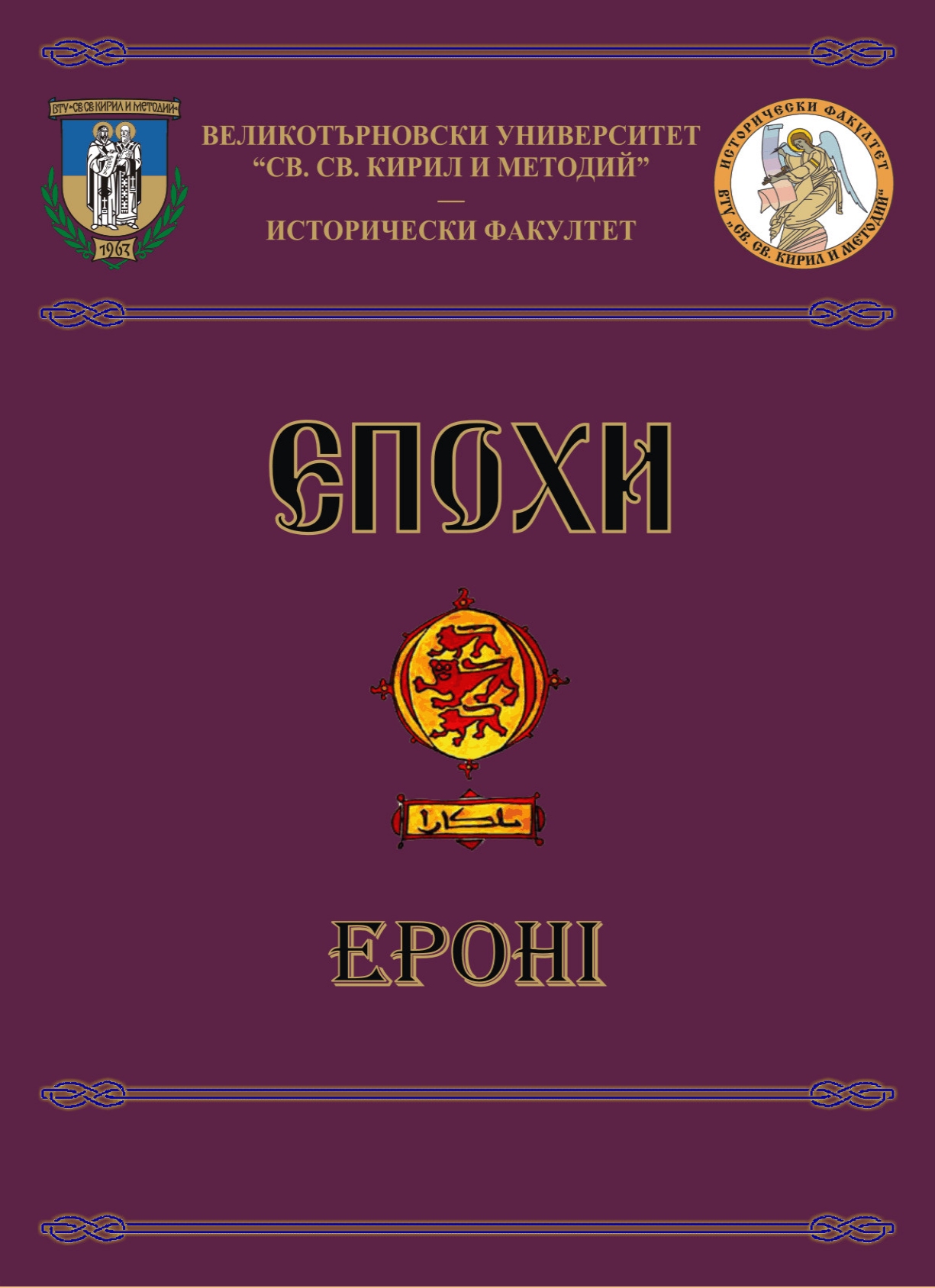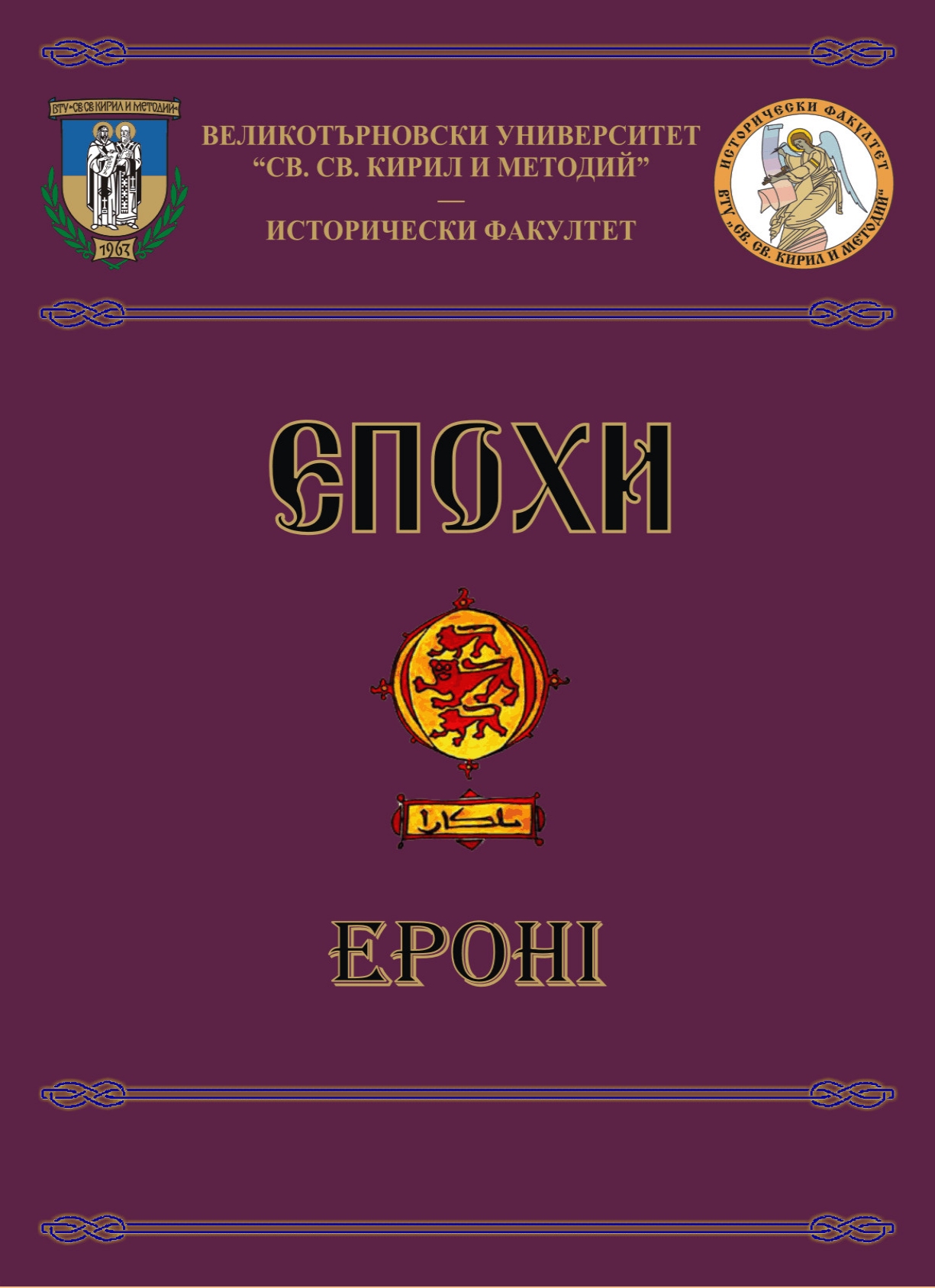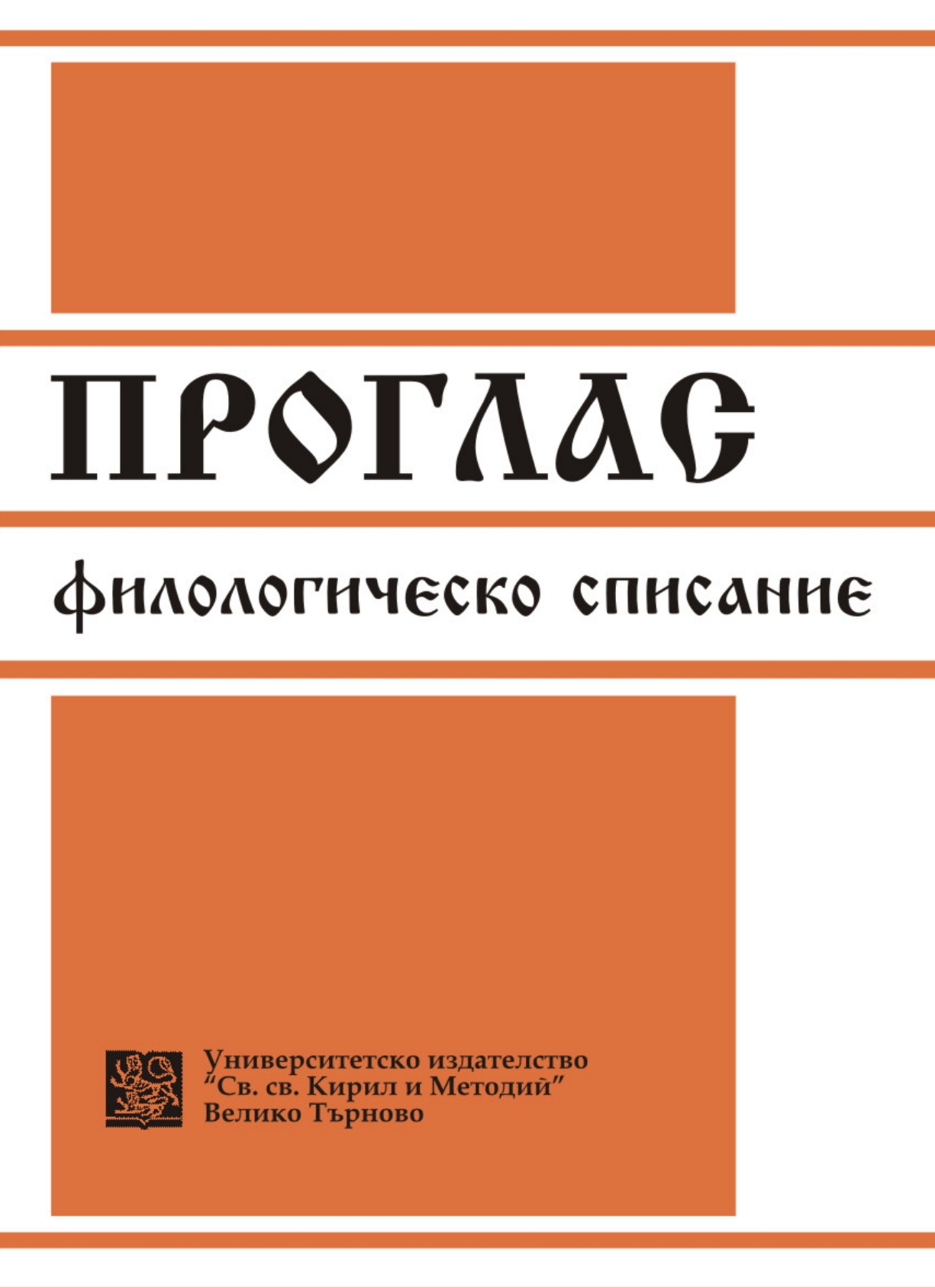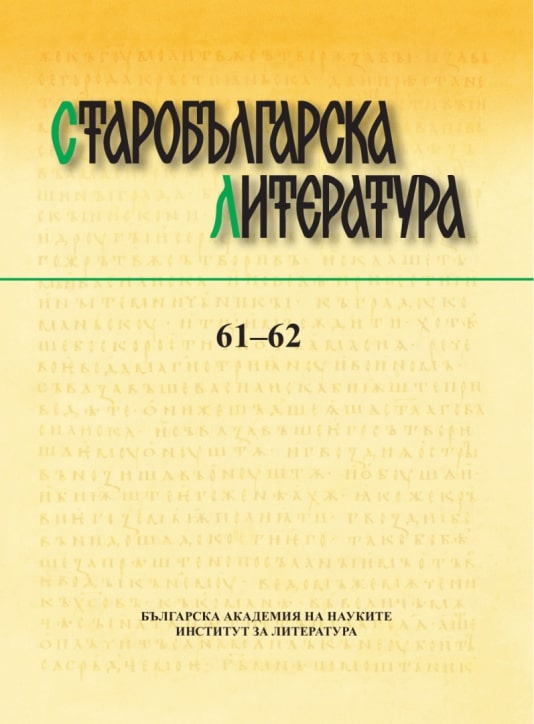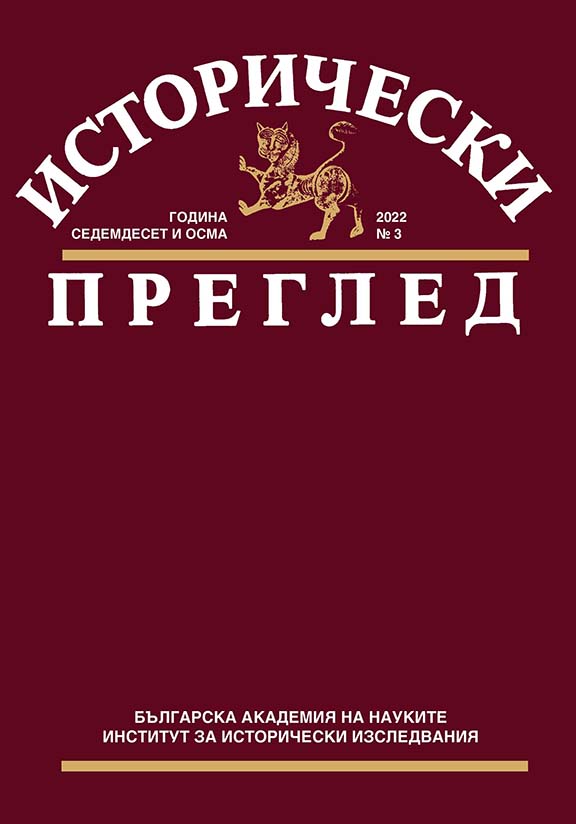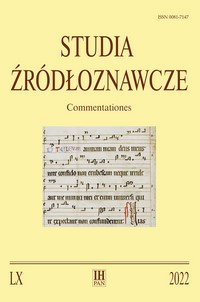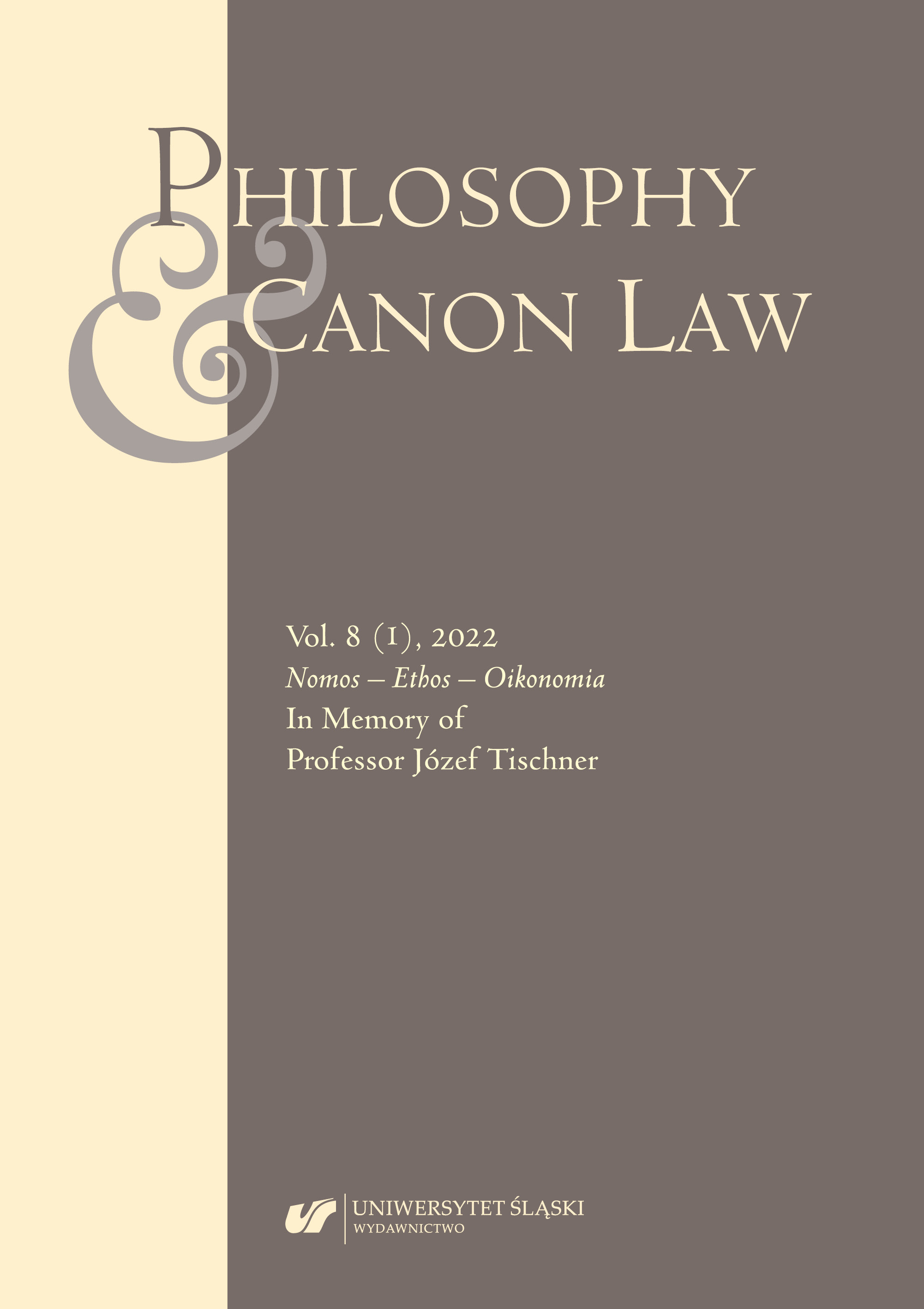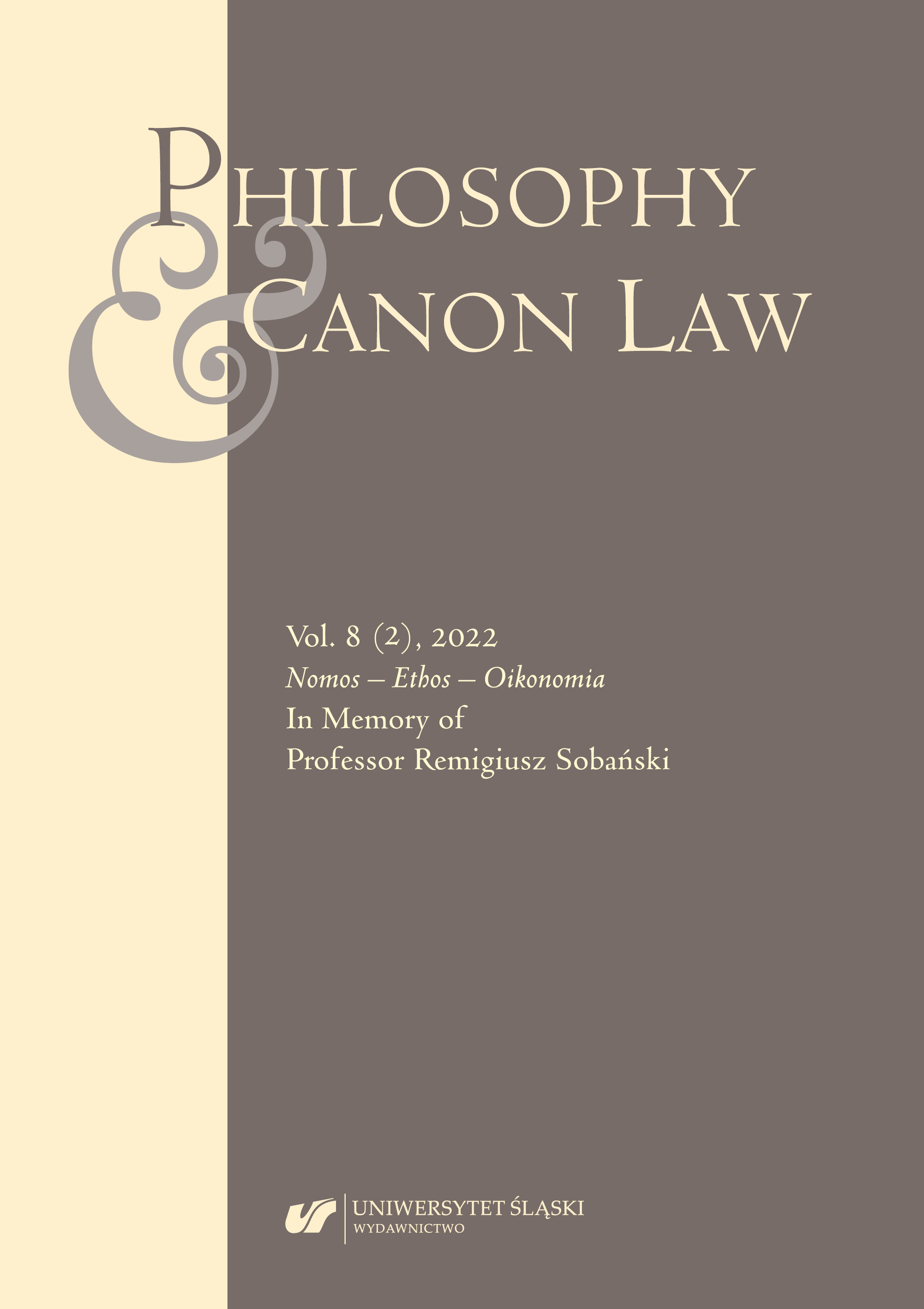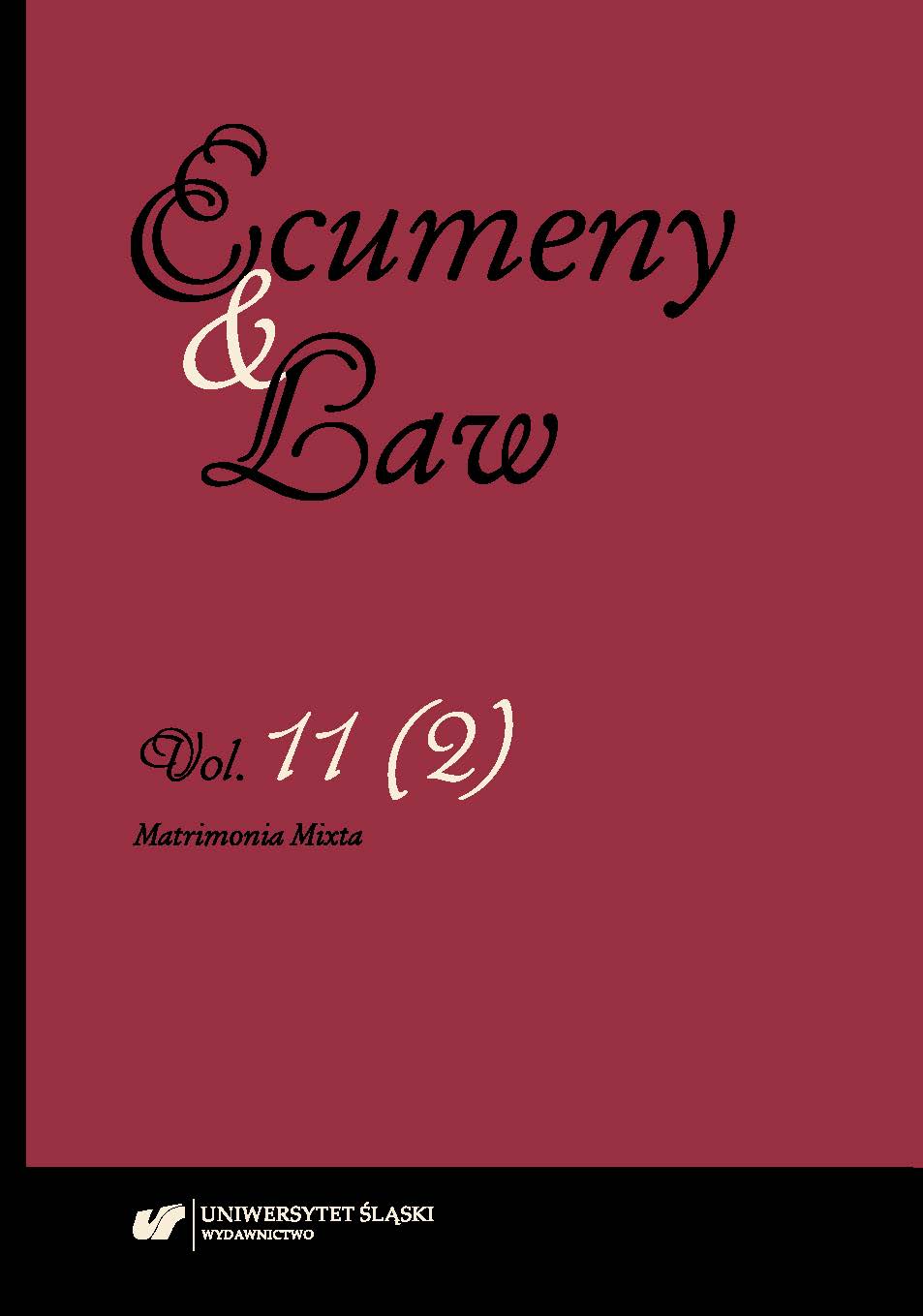Author(s): Authors Various / Language(s): Polish
Issue: 60/2022
Editiones sine fine, t. 2, red. Krzysztof Kopiński, Janusz Tandecki, Wydawnictwo Uniwersytetu Mikołaja Kopernika w Toruniu, Toruń 2021, ss. 222, il.
Paweł Babij, Pieczęcie rycerstwa obcego na Śląsku do 1335 roku w zbiorach Archiwum Państwowego we Wrocławiu, Archiwum Państwowe we Wrocławiu, Wrocław 2021, ss. 119, il. barwne
Pavel Krafl , Dvě studie k synodálnímu zákonodárství
(Würzburg 1287, Kališ 1420), Ius canonicum mediiaevi, t. 2, Univerzita Konštantína Filozofa, Nitra 2021, ss. 119
Alice Colantuoni, Multilingual Traditions in Multilingual
Contexts. State of the Art and Methodological Problems in the Study of the „Chronicle of Morea” (XIV c.), „Byzantion”, 91, 2021, s. 75–98
Statuta Universitatis scholarium iuristarum studii generalis Paduani ab anno 1331 ad annum 1404 (Codex Bibliotecae [!] Cathedralis Gnesnensis 180), wstęp Krzysztof Stopka, tłum. na wł. Magdalena Wrana, tłum. na ang. Paweł Marcinkiewicz, współpr. red. Tomasz Babnis, Natio Polona. Fontes et Studia, t. 3, Archiwa Państwowe, Uniwersytet Opolski, Opole 2020, ss. 216 + [1] + [174] ss. fotokopii
Olga Miriam Przybyłowicz, Dokumenty i dyplomy klasztoru klarysek w Gnieźnie. Sposoby uwierzytelniania dokumentów w praktyce kancelaryjnej konwentu św. Klary. Inwentarz, „Archiwa, Biblioteki i Muzea Kościelne”, 115, 2021, s. 359–418
Janusz S. Bień, Traktat Parkosza. Eksperymentalna
edycja elektroniczna, „Poznańskie Studia Polonistyczne. Seria Językoznawcza”, 26, 2019, nr 1, s. 27–69
Georgios C. Liakopoulos, The Early Ottoman Peloponnese. A Study in the Light of an Annotated Editio Princeps of the TT10–1/14662 Ottoman Taxation Cadastre (ca. 1460–1463), Ibrahim Pasha of Egypt Fund Series, Royal Asiatic Society, Gingko Library, London 2019, ss. 649 + 31 tabel + 38 map + 23 inne ryciny
Paulina Pludra-Żuk, Nieznany spis zajęć na wydziale artium Uniwersytetu Krakowskiego z lat 1474–1477, „Analecta. Studia i Materiały z Dziejów Nauki”, 30, 2021, z. 2, s. 99–116
Witold Brzeziński, Życie szlachcianki w późnośredniowiecznej Wielkopolsce. Magnificae et generosae. Zagadnienia demograficzne i majątkowe, Wydawnictwo Uniwersytetu Kazimierza Wielkiego, Bydgoszcz 2021, ss. 832
Zbiory polskie, red. Arkadiusz Wagner, współpr. Danetta Ryszkowska-Mirowska, Anna Wronka, Tegumentologia Polska, t. 3, Wydawnictwo Naukowe Uniwersytetu Mikołaja Kopernika, Toruń 2021, ss. 512, il.
Tomasz Maćkowski, Gdańskie odznaki żebracze (XVI–XVIII w.), „Studia Historica Gedanensia”, 11, 2020, s. 149–161
Magdalena Bober-Jankowska, Błąd czy wariant? O technikach redakcyjnych Adama Naruszewicza, „Napis”, 26, 2020, s. 127–148
Jakub Łukaszewski, Szyfr Jana Żdżarowskiego (–1551) na tle metod kryptograficznych używanych w Polsce w pierwszej połowie XVI wieku, „Biblioteka”, 25 (34), 2021, s. 29–77
Jerzy Kaliszuk, Sławomir Szyller, Badanie rękopisów
średniowiecznych według Łukasza Gołębiowskiego,
„Analecta. Studia i Materiały z Dziejów Nauki”, 29, 2020, z. 1, s. 7–69
Aleksandra Kuligowska, Dialog kultur naukowych. Teoretyczne koncepcje metody historycznej Brygidy Kürbis w kontekście niemieckojęzycznej refleksji nad uprawianiem historii, „Rocznik Polsko-Niemiecki”, 29, 2021, s. 45–60
More...
